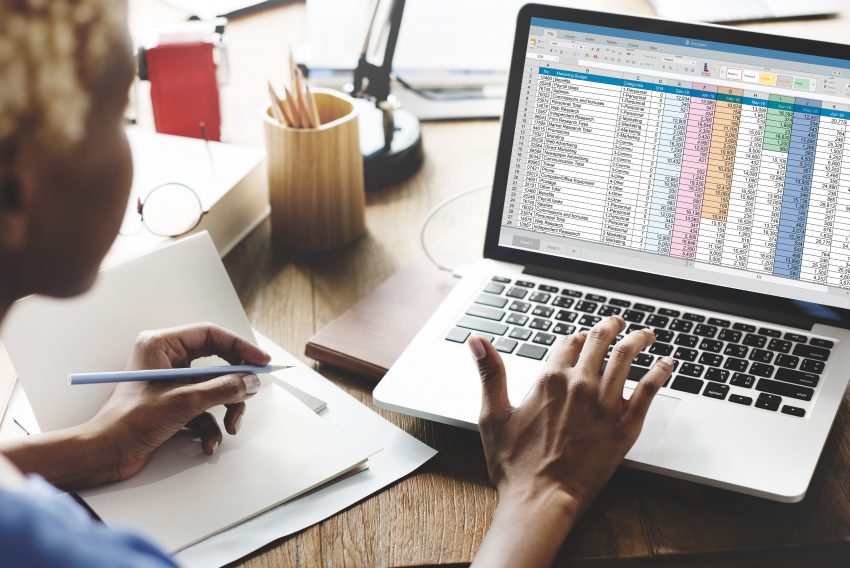Individual savings accounts – which approach is best?
If you want to save a bit more for the future, depending on your objectives, your first step should be looking to invest in an individual savings account (ISA). You can invest a lump sum, or make regular contributions over the course of the tax year, or a combination of both, up to your annual ISA allowance of £20,000 per individual.
However, it is often not a straightforward choice between regular or lump sum investing. Here are some of the areas to consider:
Is inflation a concern?
The cost of living continues to be a hot topic in the media with the rate of inflation (CPI) hitting 9% in April – it’s highest level for more than 40 years – with further increases expected to continue. However, interest rates are still at historically low levels, causing a headache for cash savers. If you are not receiving a greater, or equivalent rate of interest on your cash savings, the concern is you are actually losing money in real terms, as your capital will not have the same spending power in the future.
If you want to reduce the long-term impact of inflation and you have capital available, investing your allowance as a lump sum at the earliest opportunity will likely be your best option.
Is the current market volatility a worry?
Knowing when to invest a lump sum can be a difficult decision, especially when global economic events disrupt markets, such as with the ongoing Ukraine conflict and the UK cost of living crisis.
Ideally, to achieve the best returns, your aim is to buy low and sell high. When you add to the equation periods of high volatility, this outcome may be difficult to achieve. When markets fall, you may well be wary about investing money and when it is high it may then fall. As famously quoted by Warren Buffett of Berkshire Hathaway, you may wish to consider being “fearful when others are greedy and greedy when others are fearful”.
Statistics highlight that over the long term, investment values do generally rise. Future returns, therefore, depend less on when you invest and more on the assets you have invested in and, most importantly, time in the market – both of which research has consistently proven to be the main factors in achieving long-term returns.
If you make regular contributions, does this reduce the risk of investing?
Regular investments benefit from “pound cost averaging”. Investing a smaller sum of money at regular intervals, rather than investing a larger sum in one go, allows you to benefit from both high and low points in investment prices. It can also help protect you against short-term volatility and the risk and impact of investing a lot of money just before any potential market falls. Given the current level of volatility we have seen so far in the markets in 2022, monthly investors are better placed to smooth out this volatility.
For example, if you invest £20,000 as a lump sum and then the markets drop in value over the next year, your investment could end up down 10%. However, if you had spread the investment with contributions of £1,666.66 each month to use your annual allowance, and if the market falls to the same extent, as you have been buying into the markets at a lower price each month, this may result only in a drop in your valuation by 5% in total. Of course, if markets rise rather than fall over the same period, you’ll make smaller gains than you would have if you had invested the lump sum at the initial low point of the markets.
In conclusion, when saving monthly, you do not need to worry about market timing as you are only investing relatively small amounts and will be likely to capture both high and low points in the markets during a 12-month period. If you are investing as a lump sum near the beginning of the tax year, you will benefit potentially from a longer period of tax-free returns which will help protect against long-term inflation.
You can read more about tax year planning here.
We are here to guide you with your investment decisions, so please contact us to discuss your situation.

